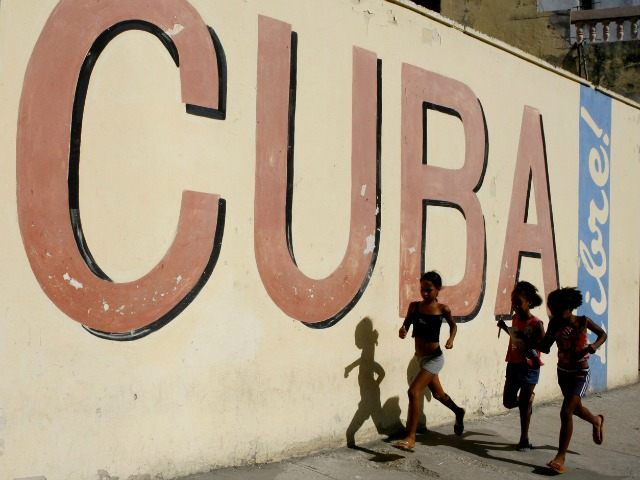Last week President Obama, with the critical help of Pope Francis, announced a restoration of diplomatic relations with Cuba and a partial lifting of the 54-year-old trade embargo.
One week on, everyone is still talking about Cuba: Ed Royce, chair of the House Foreign Affairs Committee, is against it. Marco Rubio is against it. Ted Cruz is against. Hillary was against trading the Cuban spies for Alan Gross. Or she was until the summer, but now she is for it. Rand Paul remains in favor of the diplomatic initiative.
Yet beyond the pros and cons of the move, one crucial insight seems to have missed by all. By their actions, the left are admitting that international trade is a good thing. And not just a good thing – but a good thing from the perspective of the poor.
Of course, no one in the international liberal establishment is sending out a press release putting it quite like that, but on this occasion, one doesn’t have to dig particularly deeply beneath the shallow topsoil to hit a rich vein of truth.
A half century of communism and denied trade potential has reduced an entire population to misery. In the case of Cuba, even liberals have been forced to admit that poverty is what follows when countries have closed markets.
It is worth remembering that in the 1998 book Dialogues between John Paul II and Fidel Castro, Pope Francis defined the consequences of a lack of international trade as economic “isolation.” Indeed, President Obama used the same word in his December 17th press conference: “Isolation has not worked.”
International trade, put simply, is not only good for the poor, it is precisely the poor who are hit hardest by an economy that is deprived of its possibilities and opportunities.
Given this tacit recognition of the importance of free trade by the professional opponents of capitalism, the challenge is now on to nudge this shy truth out into the open, and have it publicly acknowledged. No more ‘protecting the domestic worker’ from foreign competition. No to tariffs, and especially no to iniquitous non-tariff barriers.
In 1959, Cuba had the fifth highest per capita income in the hemisphere. What this diplomatic move shows — and shows so unambiguously that even the most hardened ideologues on the left have been forced to recognize it — is that the way out of the hell created by a lack of free trade is through opening trade back up.
Crucial to understanding the Cuban economic basket case, however, is the recognition that the embargo is only part of the problem. It shouldn’t be scapegoated in order to avoid confronting the root causes of poverty: Cuba is not poor because of the US trade embargo per se (Cuba has always been free to trade with the rest of the world; and already benefited from 100,000 Americans visiting Cuba every year). The fundamental problem remains the underlying communist philosophy of the island. According to Raùl Castro’s parliamentarian daughter, this malevolent ideology will stay firmly in place.
President Obama has had the courage to pull at the corner of a heavy black canopy hanging against a window, letting into the dank, darkened house a great bright ray of sunshine. Far greater courage however, would be demonstrated in having the intellectual honesty to demand that now the whole damn thing must be pulled down. Over time, state interference in the economy always leads to corruption, malinvestment and the overall destruction of wealth.
The unquenchable yearning of billions of souls around the world for full political and economic liberty remains sadly to be realized.
These reforms must go all the way and political liberties must match economic liberties: a watered-down ‘perestroika’ is not what is called for. President Obama heralded this diplomatic thawing as representing the opening of “a new chapter” for Cuba. Without serious substantial change, the only chapter being opened in Cuba, to quote Jay Leno’s famous quip after the 2008 financial collapse, will be Chapter 11.
Benjamin Harnwell is the director of the Rome-based Dignitatis Humanae Institute.

COMMENTS
Please let us know if you're having issues with commenting.